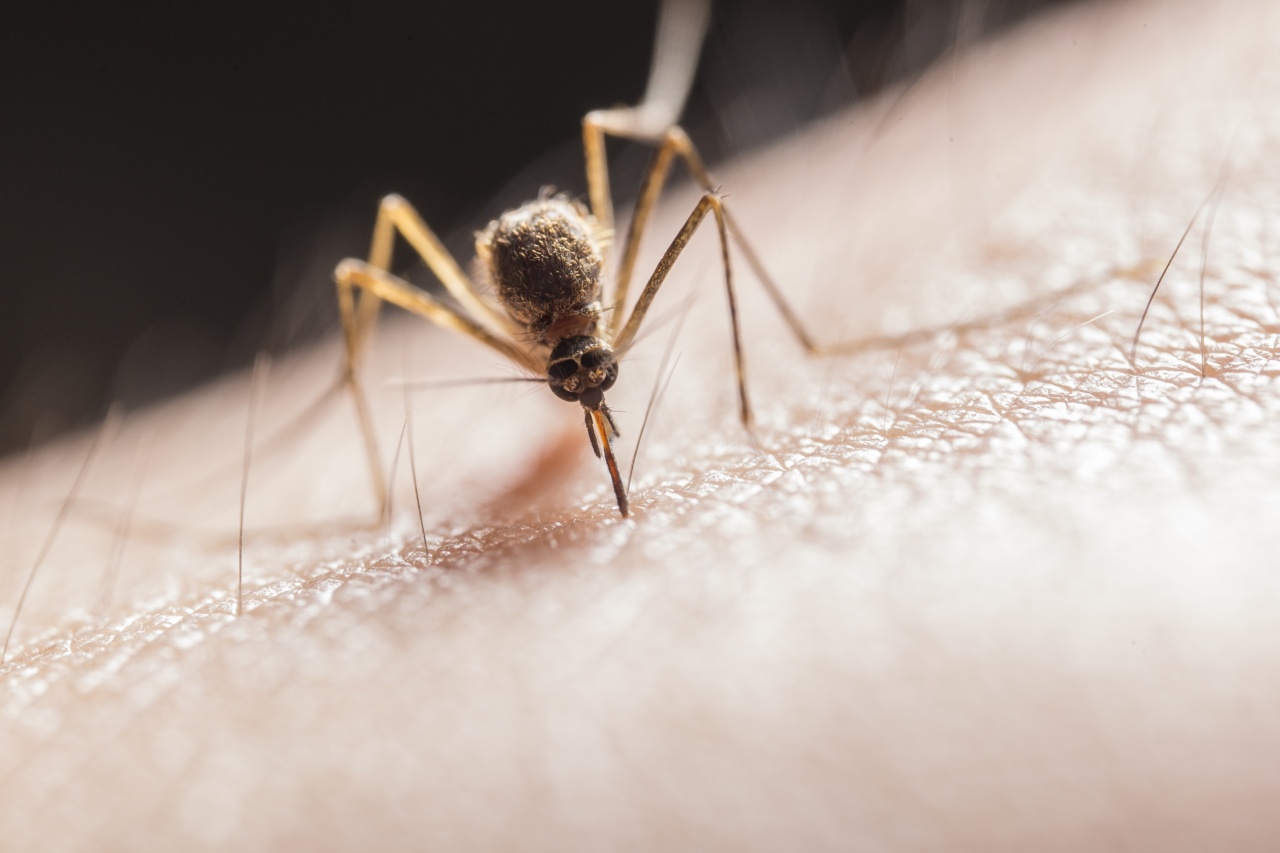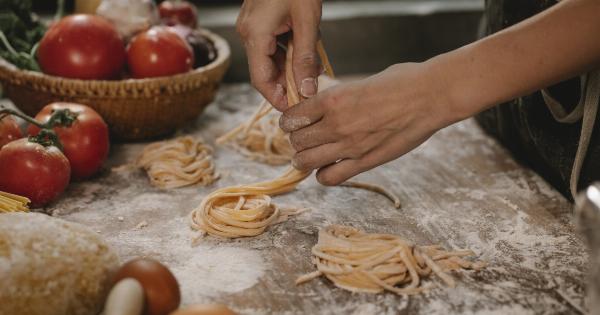Mosquitoes are notorious for interrupting outdoor recreation and causing itchy, painful bites. In addition to using insect repellent and wearing protective clothing, avoiding certain foods may also help prevent mosquito bites.
Certain foods may attract mosquitoes or increase the likelihood of getting bitten. In this article, we will discuss the foods to avoid to minimize the risk of mosquito bites.
1. Sugary foods
Food that is high in sugar content may attract mosquitoes. Mosquitoes have a sweet tooth, and sugar is one of their favorite foods.
Eating sugary food can increase the amount of lactic acid a person secretes through their skin, which mosquitoes find irresistible. Sugary foods to avoid include candy, soft drinks, and baked goods.
2. Spicy foods
Spicy foods like hot peppers, garlic, and onions contain strong odors that can attract mosquitoes. These odors can mask a person’s natural scent, making it difficult for mosquitoes to locate them.
Although garlic is often recommended as a natural mosquito repellent, studies have shown that it is not effective in repelling mosquitoes. To avoid mosquito bites, avoid eating spicy foods before going outdoors.
3. Salty foods
Salty foods can increase the amount of salt a person secretes through their skin, making them more attractive to mosquitoes. Salty foods to avoid include pretzels, chips, and processed snacks.
Instead, opt for fruits and vegetables that are high in water content, such as watermelon and cucumber, which can help keep you hydrated and less attractive to mosquitoes.
4. Alcohol
Drinking alcohol can make a person more attractive to mosquitoes. Alcohol increases the body temperature, and mosquitoes are attracted to warm bodies.
In addition, drinking alcohol can make a person sweat more, which increases the amount of lactic acid and other chemicals that mosquitoes find attractive. To minimize your risk of mosquito bites, avoid alcohol altogether before going outdoors or drink in moderation.
5. Fermented foods
Fermented foods like cheese, yogurt, and sauerkraut can also increase the risk of mosquito bites. These foods contain bacteria that produce lactic acid and other chemicals that attract mosquitoes.
To avoid mosquito bites, limit your intake of fermented foods before going outdoors.
6. High-potassium foods
High-potassium foods like bananas and avocados can attract mosquitoes. When a person eats high-potassium foods, they secrete more lactic acid and other chemicals through their skin. This can make them more attractive to mosquitoes.
To avoid mosquito bites, try to limit your intake of high-potassium foods before going outdoors.
7. Caffeine
Although caffeine is not a food, it is a beverage that can increase the risk of mosquito bites. Caffeine increases the heart rate and body temperature, making a person more attractive to mosquitoes.
In addition, caffeine can make a person sweat more, increasing the amount of lactic acid and other chemicals that mosquitoes find attractive. To minimize your risk of mosquito bites, limit your caffeine intake before going outdoors.
8. Processed foods
Processed foods like fast food, frozen dinners, and packaged snacks can attract mosquitoes. These foods are often high in sugar, salt, and additives that can increase the amount of lactic acid and other chemicals a person secretes through their skin.
To avoid mosquito bites, choose fresh, whole foods instead of processed foods.
9. Fatty foods
Fatty foods like fried foods, fatty meats, and cheese can also increase the risk of mosquito bites. These foods take longer to digest, which increases the body temperature and makes a person more attractive to mosquitoes.
To minimize your risk of mosquito bites, avoid fatty foods before going outdoors.
10. High cholesterol foods
High cholesterol foods like egg yolks, liver, and seafood can also attract mosquitoes. These foods contain cholesterol, which insects need to produce hormones and build cell membranes.
To avoid mosquito bites, limit your intake of high cholesterol foods before going outdoors.
Conclusion
Avoiding certain foods can help minimize the risk of mosquito bites. Foods to avoid include sugary foods, spicy foods, salty foods, alcohol, fermented foods, high-potassium foods, caffeine, processed foods, fatty foods, and high cholesterol foods.
To reduce the likelihood of getting bitten by mosquitoes, opt for fresh, whole foods and stay hydrated.


























